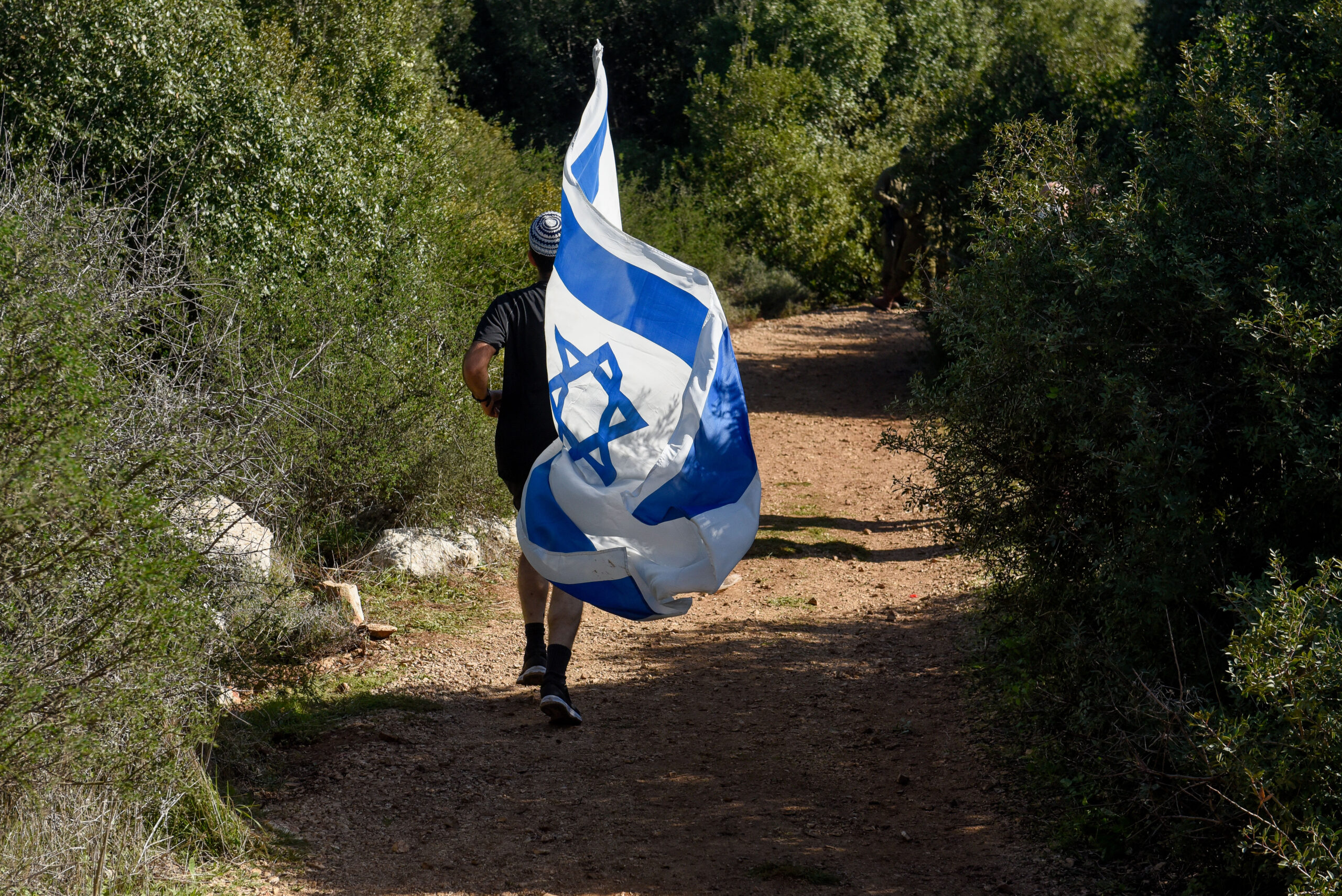Rabbi Tuly Weisz, founder of Israel365, strongly defended Israel’s right to declare sovereignty over Judea and Samaria in a spirited debate hosted by ILTV on Tuesday. Facing off against veteran journalist Ben-Dror Yemini and moderated by Maayan Hoffman, Rabbi Weisz argued that annexation is not only a matter of security but of identity and destiny.
“If we leave the status quo, it will become much worse than Gaza,” Rabbi Weisz warned. “Gaza is far from the population centers, but Judea and Samaria are right on our neck—overlooking Ben Gurion Airport, right against Highway 6. Annexation brings it under Israeli control and removes the threat.”
Weisz stressed that sovereignty would prevent Israel’s enemies from seeing weakness.
“They don’t care about their children’s lives. They care about territory. If we don’t take more territory, we invite more attacks in the future.”
Addressing questions about governance, Weisz clarified that Israel should seek “maximum territory but minimal Arab population.” Arabs living under Israeli sovereignty, he argued, should maintain self-governance in local affairs but not be granted statehood or voting rights in Knesset elections.
“We’re not looking to micromanage their local municipal affairs. They would pick up their own garbage. They just wouldn’t have a military, they wouldn’t police, and they wouldn’t vote in Israeli elections. They would have civil rights—except for the right to vote,” he explained, citing precedent from other nations.
Ben-Dror Yemini, though identifying as a Zionist, cautioned that such a plan would feed the international campaign against Israel. “I’m fighting the apartheid campaign, but this kind of annexation—maximum land and minimum people—means the apartheid campaign will win. That’s the result: a one-state solution, which I reject.”
He added that international support for Israel is already waning. “For the first time, polls show more Americans sympathize with the Palestinians than with Israel. If annexation goes forward, we risk total boycott and becoming the new South Africa.”
Weisz countered that Israeli strength, not compromise, is what will preserve alliances. Addressing UAE threats to downgrade the Abraham Accords if sovereignty moves forward, he said: “Of course the UAE made such a threat. But we live here, and we must deal with the consequences. A stronger Israel will expand the Abraham Accords, not weaken them.”
He also tied the debate to current diplomatic efforts at the United Nations General Assembly (UNGA), where several countries are expected to recognize a Palestinian state. “These announcements embolden Hamas and prolong the suffering of the hostages. They also put the final nail in the coffin of the Oslo Agreements. Maybe that’s not such a bad thing—it frees Israel to do what we should have done in 1967: declare sovereignty over our land.”
The Larger Political Context
The debate comes as annexation once again rises in Israel’s political discourse. Several Knesset members from the Likud and Religious Zionism parties have pushed Prime Minister Netanyahu to bring the matter to a cabinet vote, while the UAE’s warnings reportedly caused the government to delay discussion last week.
In Washington, the Biden administration remains opposed to unilateral annexation, while former President Trump—expected to play a central role in U.S. Middle East policy if he returns to office—has not yet clarified whether he would support Israel extending sovereignty in Judea and Samaria.
For Rabbi Weisz, the issue is both practical and biblical. “Judea and Samaria are deeply biblical lands—central to our heritage and identity. If we don’t annex now, when can we? If we cede our claim now, we risk losing the land most essential to us. Sovereignty over this land is not only our right but essential for Israel’s future stability.”




